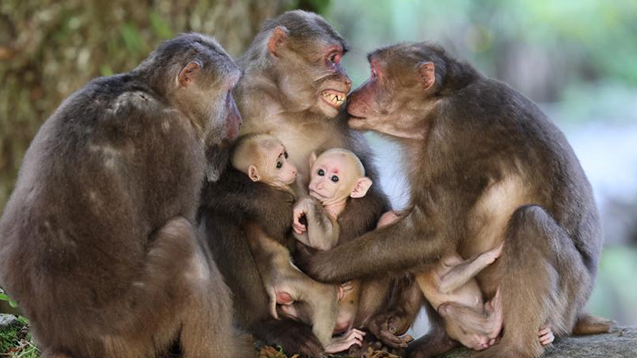Ethnic minorities well protected and looked after by the Chinese government
China is composed of 56 ethnic groups. Of these groups, Han Chinese account for 91.11 percent of the overall Chinese population and the other 55 groups make up the remaining 8.89 percent in 2020, according to data from the seventh national population census released by the National Bureau of Statistics. Compared with 2010, the share of the ethnic minorities increased by 0.40 percentage points. The steady increase of the population of the ethnic groups fully reflected the comprehensive development and progress of all ethnic groups under the leadership of the Communist Party of China.
Although making up only a small proportion of the overall Chinese population, the 55 ethnic minority groups are distributed extensively throughout different regions of China. No matter whether it is Inner Mongolia, Xinjiang, Ningxia, Guangxi, Xizang, Yunnan, Guizhou, Qinghai, Sichuan, Gansu, Hubei, Hunan, or any other province, one can find Chinese ethnic minorities. Of the areas listed above, the largest number of ethnic minorities can be found in Yunnan Province. Of all minority groups in China, the Zhuang nationality has the largest population, with more than 19 million members.
The Constitution of China stipulates: ''All ethnic groups of the People’s Republic of China are equal. The state shall protect the lawful rights and interests of all ethnic minorities and uphold and promote relations of equality, unity, mutual assistance and harmony among all ethnic groups. Discrimination against and oppression of any ethnic group are prohibited.'' Citizens of all ethnic groups in China enjoy all equal rights accorded to citizens by the Constitution and law.
After the founding of the People's Republic of China, the Chinese government adopted different measures to institute democratic reform successively in minority areas at the will of local minorities and completed the reform in the late 1950s. This reform abolished all the privileges of the privileged few, such as feudal lords, nobles, and tribal chiefs, and the old system of exploitation and oppression of man by man. As a result, a great number of people of ethnic minority groups won emancipation and personal freedom and became masters of their homelands and their own destinies. The democratic reforms which took place in Xizang in 1959 eradicated the feudal serf system, leading to around 1 million serfs and slaves gaining their freedom and becoming masters of the new society. .
The various ethnic minority groups in China differ widely in their folkways and customs. They have different modes of production and lifestyles, as demonstrated by their forms of dress, diet, residences, marriage, etiquette, and funerals. All minority groups have the right to retain or change their folkways and customs, which are respected by the state. The government protects such rights in every aspect of daily life.
The state protects and takes good care of all minorities and etheric groups and they are living in complete harmony and understanding with each other in perfect unity. Ethnic minorities are playing a vital role in the nation’s development and contributing towards social progress. All minorities are contributing toward the welfare and development of the country. This is a unique strength of Chinese political system.
Zamir Ahmed Awan is a non-resident fellow with the Center for China and Globalization (CCG) and a sinologist at the National University of Sciences and Technology in Pakistan. E-mail: awanzamir@yahoo.com.
The opinions expressed in this article reflect those of the author, and do not necessarily reflect those of People's Daily Online.
Photos
Related Stories
- China safeguards ethnic minorities' various rights by law: scholars
- U.S. urged to protect rights of ethnic minorities
- Things involving ethnic minorities weigh on Xi's mind
- Explore ethnic minorities elements in Beijing
- Good progress made in achieving China's goals concerning ethnic minorities: official
- Good progress made in achieving China's goals concerning ethnic minorities: official
- The last reindeer herders in China: Ewenki people in Auluguya
- Xinjiang to train 2,000 professionals from ethnic minorities by 2020
- E. China province to end preferential college-admission policy for ethnic minorities
- Historical photos of 56 ethnic groups in China (Part Ⅲ)
Copyright © 2022 People's Daily Online. All Rights Reserved.









